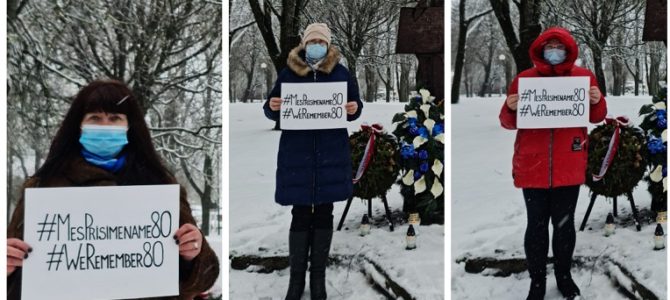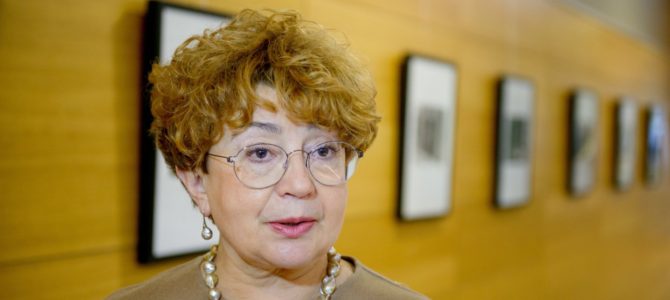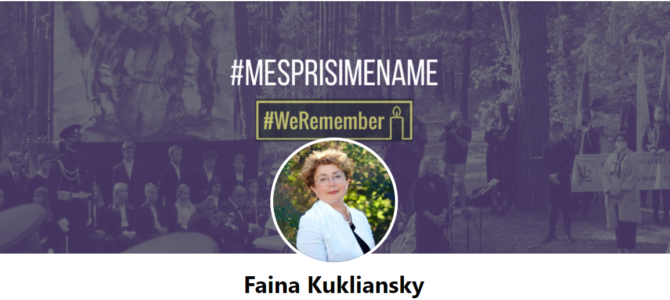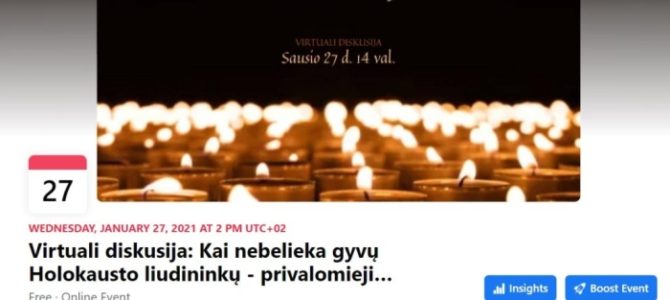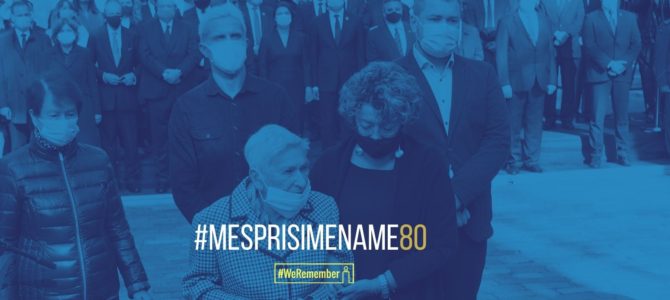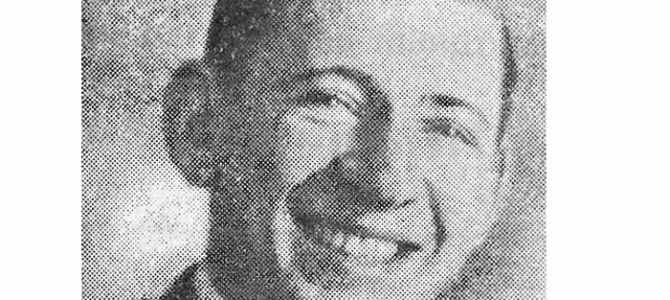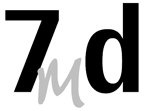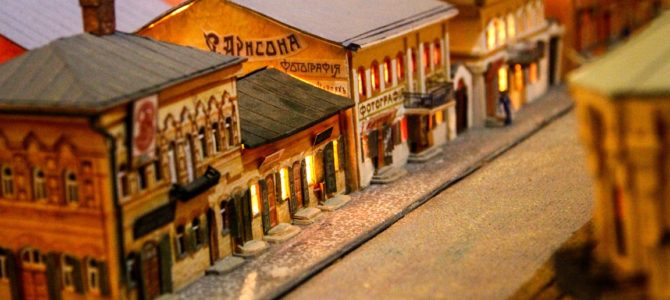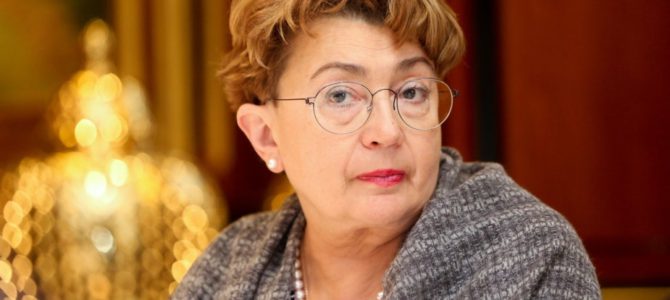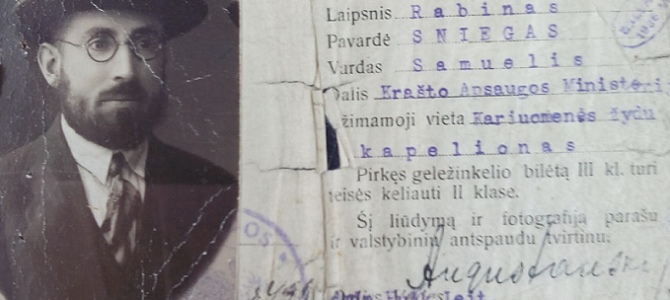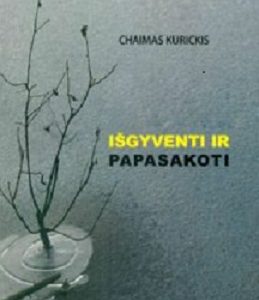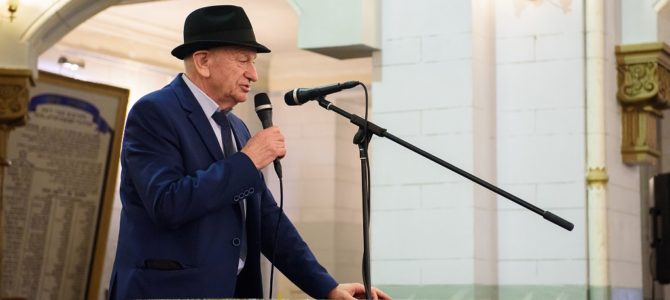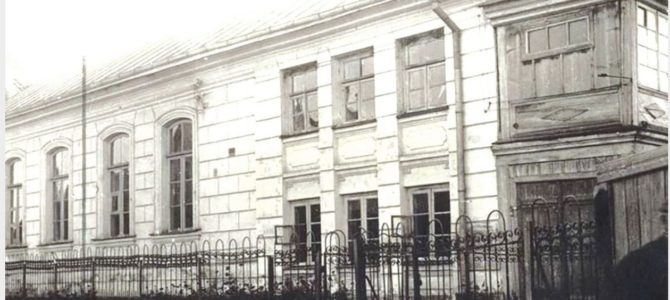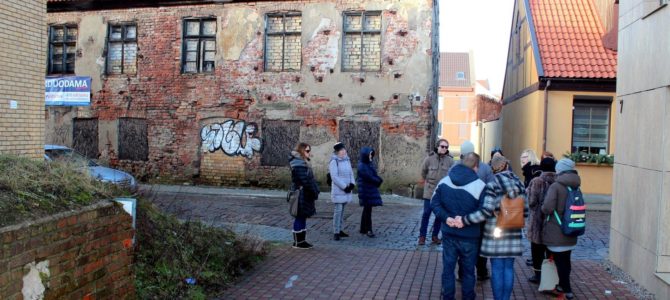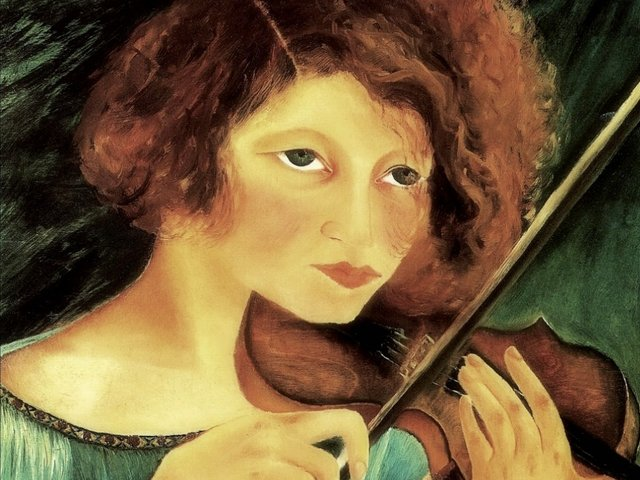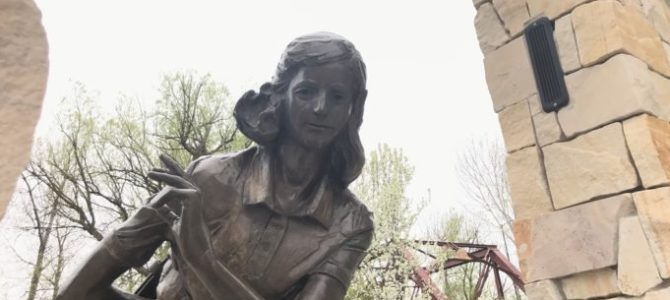Chaimas Kurickis was born in Utena, Lithuania, in 1921. He and his mother fled east as the German army approached in June of 1941. They were arrested, separated and imprisoned in Daugavpils, Latvia, his mother being sent to the ghetto and he to jail.
The hero of his book was also in the ghetto and several concentration camps, where he fought to survive right up till May 5, 1945, when Germany was defeated finally. Chaimas Kurickas set down his recollections and experiences along with several poems in a book called “To Survie and Tell the Tale,” translated to Lithuanian under the title “Išgyventi ir papasakoti” by Edmundas Kutka. The book has also been translated to Hebrew and Russian, and has caught the interest of Latvians who utilize it to talk about the tragic events of the Daugavpils ghetto, and Germans. The Lithuanian translation is expected to be of keen interest to Lithuanians and especially people from Utena who might be interested in the native author’s youth and experiences.
The launch of the Lithuanian translation of the book, published with aid from the Goodwill Foundation, included a panel of speakers, including tour guide and historian Chaim Bargman, Vilna Gaon Jewish History Museum RIghteous Gentiles Department director Danutė Selčinskaja, teacher and historian Danguolė Jonaitienė who knew Kurickas from before the war, translator Tamara Jefremova and the translator of this book Edmundas Kutka.
The 20-year-old Utena native learned of the onset of war in his hometown. The rapid progress and unexpected moves of the German military forced him to adapt quickly to change. He and his mother and sisters were forced to flee, but the Kaunas-Daugavpils route was overcrowded with much military transport, Russian tanks and hundreds if not thousands of fleeing civilians, mainly Jews, trying to make their way towards Russia.


